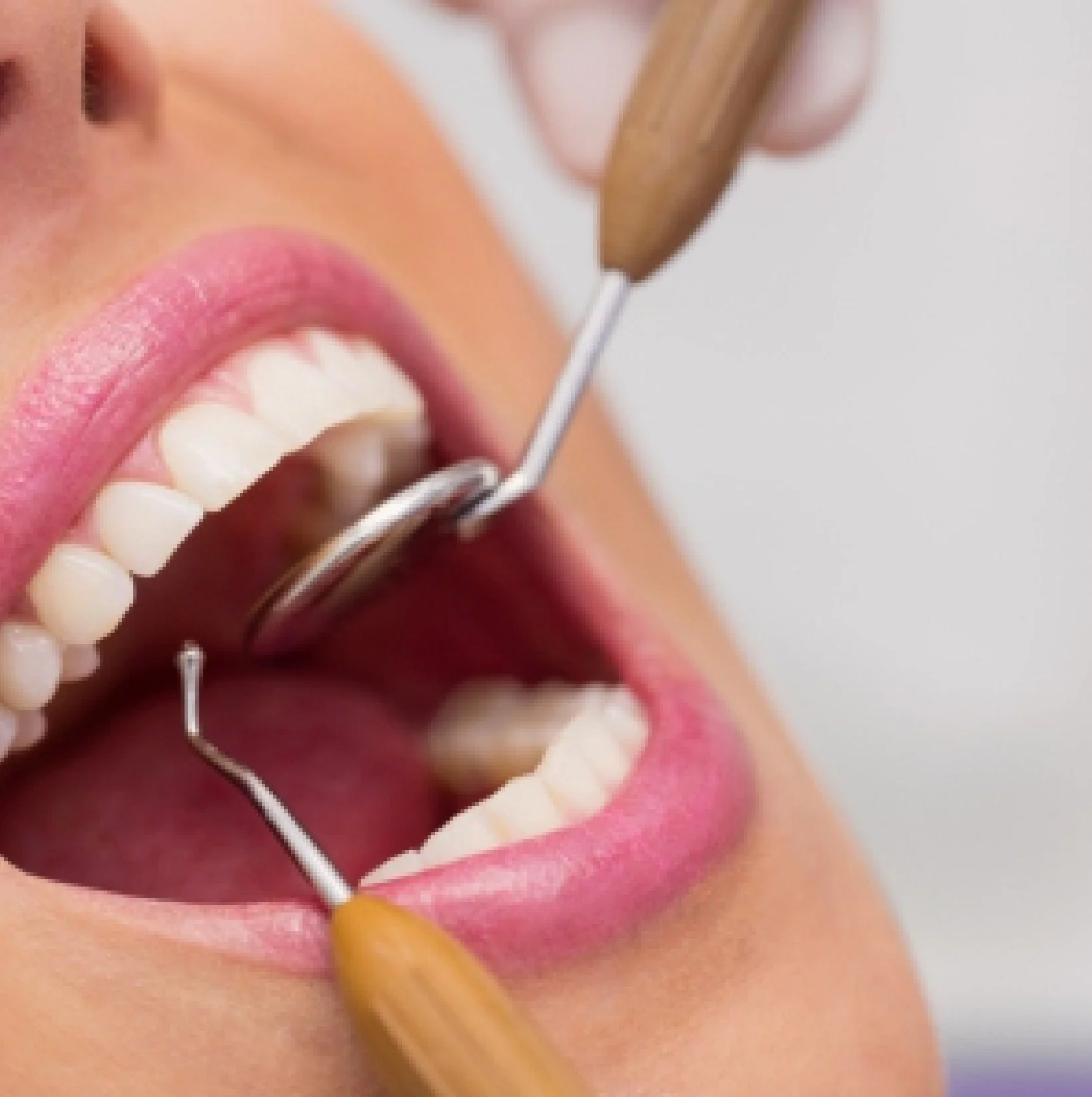
Department of Dental Sciences
Welcome To Gangasheel Hospital
What is Irreversible Pulpitis ?
At the innermost part of each tooth is an area called the pulp. The pulp contains the blood, supply, and nerves for the tooth. Pulpitis is a condition that causes painful inflammation of the pulp of the tooth. It can affect one or more teeth and is caused by bacteria invading the pulp and causing swelling.
There are two forms of pulpitis: reversible and irreversible. Reversible pulpitis refers to when the inflammation is mild and the pulp remains healthy enough to be saved. Irreversible pulpitis occurs when other symptoms, such as inflammation and pain, are so severe that the pulp cannot be saved.
Irreversible pulpitis can lead to a type of infection called a periapical abscess. This infection occurs at the root of the tooth where pockets of pus form. If left untreated, the infection can spread to other parts of the body, such as the sinuses, jaw, and brain.
Both types of pulpitis cause pain, but pain with reversible pulpitis may be mild and occur only when eating.The pain associated with irreversible pulpitis can be more severe. and can occur during the day and at night.
Other symptoms of both forms of pulpitis include:
- Inflammation
- Hypersensitivity to hot and cold foods
- Hypersensitivity to very sweet foods
- Irreversible pulpitis may include halitosis May include additional symptoms of infections such as
- Bad taste in mouth.
In healthy teeth, the enamel and dentin layers protect the pulp from infection. Pulpitis occurs when these protective layers are compromised, allowing bacteria to enter the pulp and cause swelling. Because the pulp remains trapped in the tooth wall, swelling causes pressure and pain, as well as infection.
The enamel and dentin layers of teeth can be damaged by a variety of conditions, including:
caries or caries grinding leading to tooth erosion.
Pulpitis can often be prevented with good oral hygiene and regular visits to the dentist. Reducing or eliminating sweets such as sweet colas, cakes, and candies can also help.
If you suffer from bruxism, a mouthguard can protect your teeth.
Treatment depends on whether the pulpitis is reversible or irreversible.
In reversible pulpitis, treating the cause of the inflammation relieves symptoms. For example, if you have a cavity, removing the cavity and replacing it with a filling should relieve pain.
If you are suffering from irreversible pulpitis, your dentist may recommend that you see a specialist. B. Endodontist. If possible, the tooth can be saved through a procedure called a pulpectomy. This is the first part of the root canal. In a pulpectomy, the pulp is removed, but the rest of the tooth remains intact. After the pulp is removed, the cavity inside the tooth is disinfected, filled and sealed.
Yes, Irreversible Pulpitis treatment is available in Bareilly at Gangasheel Hospital by the team of expert Dentists in the city.
